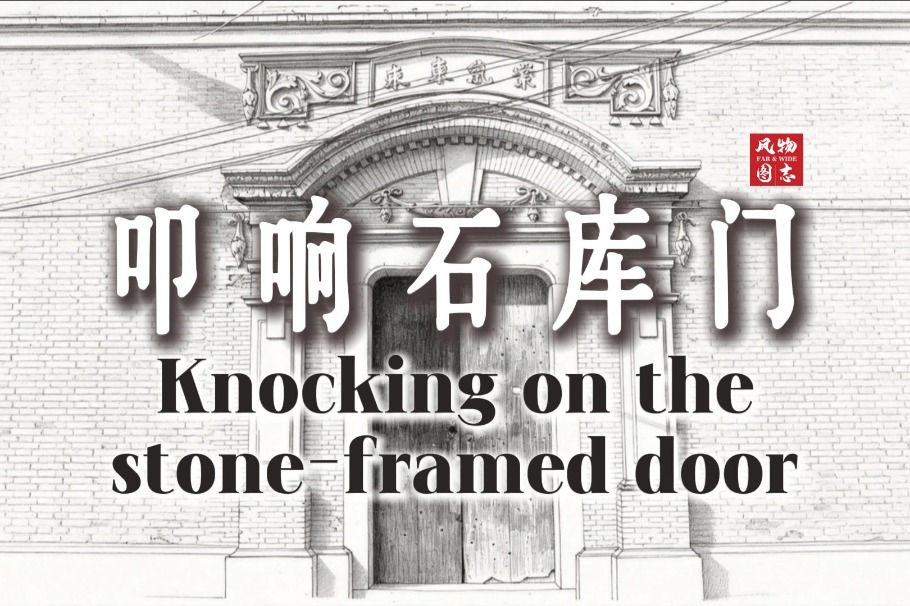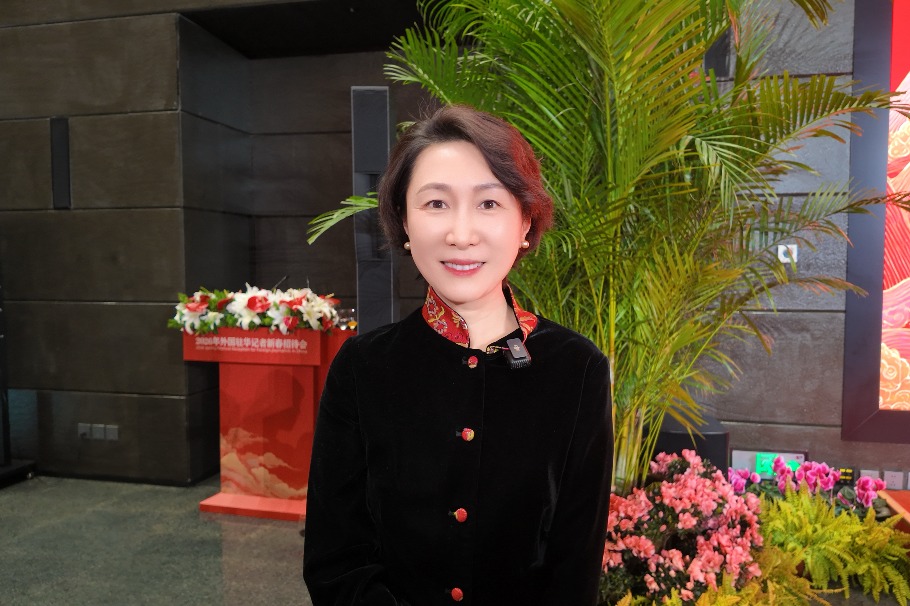Explainer: Why green pursuit in China's mountain region matters to world


GUIYANG -- South of the Yangtze River, Southwest China's Guizhou province is a realm of biodiversity, karst landscape and natural heritage. In the province's capital city Guiyang, a two-day global forum on ecological civilization just concluded.
As a national-level global forum themed on ecological civilization, the Eco Forum Global Guiyang 2023, which attracted over 3,200 participants, provided a platform for international discussion on ecological civilization and green development.
FIGHTING CHALLENGES
Guizhou, a mountainous region, has overcome ecological degradation and severe economic distress to become what it is today.
At the forum, participants were welcome to taste the locally-produced Roxburgh rose juice. This small and sweet fruit has a remarkable history of fighting against rocky desertification.
Rocky desertification, also known as "the earth cancer," refers to land degradation where vegetation is destroyed, bedrock is exposed and the surface resembles a desert landscape. Local people would say, "Rocks come to light, no plants survive."
In Guizhou, areas of rocky desertification are often located in impoverished regions. People discovered that Roxburgh roses are relatively cold-resistant, shade-tolerant and have well-developed root systems, making them naturally appropriate for combating rocky desertification.
With government support, local people in areas of rocky desertification areas such as Liupanshui city, Bouyei-Miao autonomous prefecture of Qiannan, Anshun city and Bijie city started to grow Roxburgh roses in stone cracks and make products out of its fruits, which not only improved natural conditions but also helped people find a path to wealth.
Ibrahim Thiaw, executive secretary of the United Nations Convention to Combat Desertification, once visited the Roxburgh rose planting areas in central Guizhou. He underscored that this solution for combating rocky desertification has economic value and inspires the world.
This is just one example of the numerous instances where Guizhou showcases the harmonious coexistence of humans and nature. Through years of dedicated efforts toward building a more eco-friendly society, Guizhou was designated the country's ecological civilization pilot zone in 2016.
Thorjorn Larssen, deputy managing director of the Norwegian Institute for Water Research, came to China for the first time in 1993. He recalled that when he first came to Guiyang 30 years ago, the air pollution in the city was quite severe. "It's very impressive to see how the air quality has improved and how fast measures are taken."
According to the professor, poverty reduction and environmental improvement must go hand in hand. Ecological civilization entails incorporating environmental considerations into all forms of social progress.
























